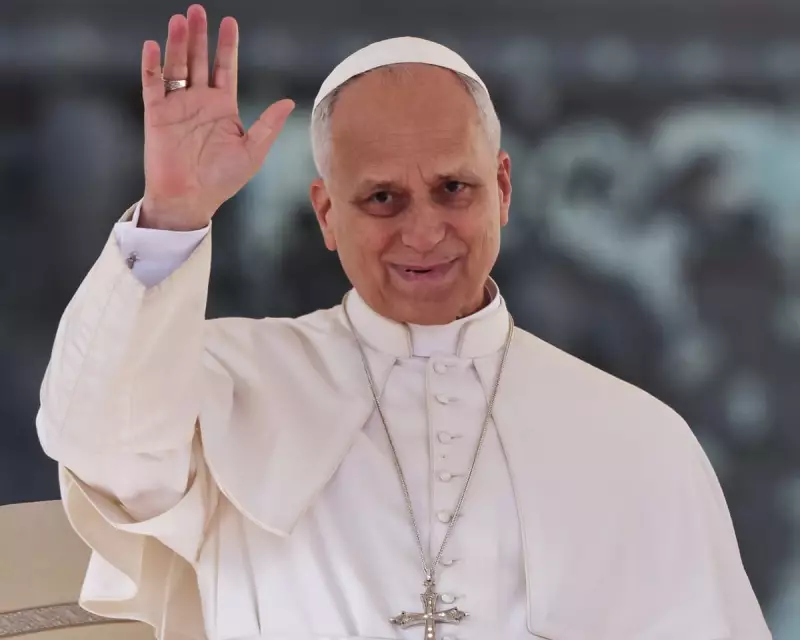
Pope Embarks on Historic First Overseas Mission
Pope Leo XIV will make his debut overseas journey as the leader of the Catholic Church this Thursday, embarking on a six-day mission focused on peace and unity in Turkey and Lebanon. The Vatican has described the schedule as "demanding," packed with high-level meetings with political and religious leaders against a backdrop of heightened tensions in the Middle East.
A Strategic Itinerary for Peace and Unity
The Chicago-born pontiff, elected in May, will first travel to Turkey, a Muslim-majority nation that is home to an estimated 36,000 Catholics. His itinerary in Ankara includes a meeting with President Recep Tayyip Erdoğan. A highly significant part of his Turkish visit will be his meeting with Patriarch Bartholomew, the spiritual leader of the world's 260 million Orthodox Christians. Their encounter will coincide with celebrations marking the 1,700th anniversary of the Council of Nicaea, a major early church council held in what is now İznik.
However, it is the Pope's arrival in Lebanon on Sunday that is especially anticipated. The visit comes at a critical time, with many fearing a deepening conflict between Israel and Hezbollah following an Israeli strike in southern Beirut that killed four Hezbollah operatives and one of the group's most senior military commanders.
This trip holds particular significance as it fulfils a plan of his predecessor, Pope Francis, who had intended to visit both countries but was unable to due to ill health before his death in April. Observers note that Leo is considered a more moderate and low-key operator than the charismatic Francis, making this first foreign outing a key opportunity for him to present his style and personality to the world.
High Hopes in a Region in Crisis
In Lebanon, a nation also grappling with a profound economic crisis, the papal visit is seen as a beacon of hope. Banners displaying Pope Leo's smiling face already line the walls of churches in Beirut's central Christian neighbourhoods.
According to Vatican expert Christopher White, this trip allows Leo to promote peace to two key audiences. "One will be world leaders: Turkey and Lebanon are strategic locations for him to double down on his efforts for peace in Ukraine and in the Middle East," White stated. The second audience is Christian leaders, as Leo attempts to unite the region's long-divided churches, using the anniversary in Turkey to remind believers of their shared common ground.
Professor Karim Emile Bitar of Saint Joseph University of Beirut emphasised the Vatican's unique role. "The Vatican is one of the last moral authorities in the world that genuinely tries to promote peace and justice without any hidden agenda," he said, expressing belief that the Pope would "find the right words" to help heal Lebanon's deep divisions.
During his packed schedule, Pope Leo will also visit the Blue Mosque in Istanbul and celebrate a Catholic Mass at the city's Volkswagen Arena. In Lebanon, his poignant itinerary includes leading prayers at Beirut's port, the site of the devastating 2020 explosion, and visiting a psychiatric hospital run by the Catholic church.
Andrea Vreede, a Vatican correspondent, noted that the Pope "immediately embraced" the invitation to Lebanon, seeing it as a platform to discuss peace in the Middle East. While he will not travel to the unsafe southern regions of Lebanon, his presence is seen as a vital symbolic gesture. As one Damascus churchgoer put it, "He represents peace: He's the pope!"





